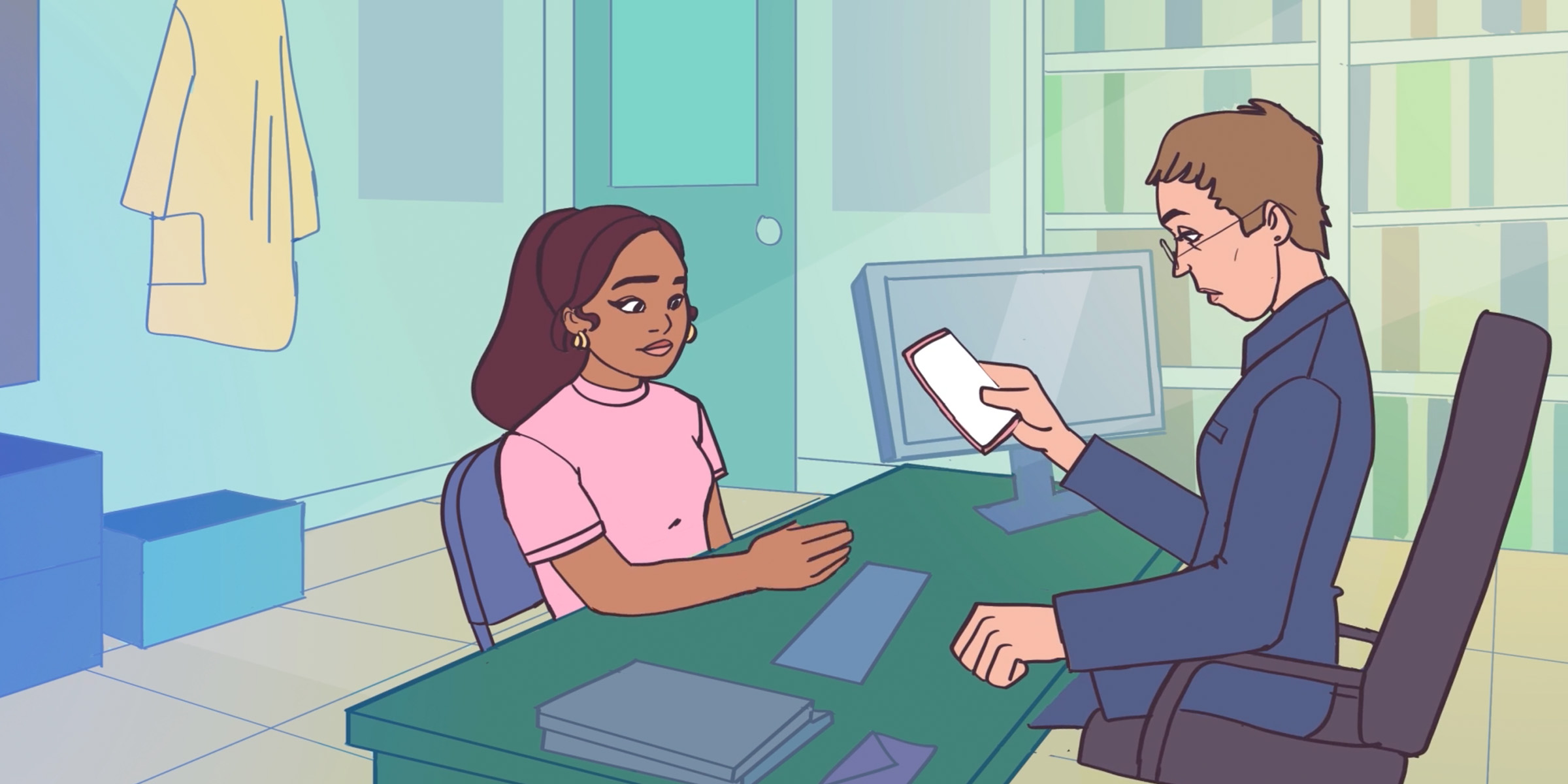“I didn’t know who this boy was anymore. Why was he treating me like this?”
Getting support
Hope and Donte’s story was created with help from young people at Cherwell School, Oxford and UTC Didcot and highlights signs of a coercive and controlling relationship. SAFE! works with young people like Hope every day.
If you are struggling to cope with the impact of crime, tell someone what has happened, they might be able to help. To find out more about the support SAFE! provides, check out our website, or get in touch with us directly, and someone will call you back.
You can get immediate help from Childline on their website or by calling on 0800 1111.
Victim Support has information and further help for young victims of crime
If you are in immediate danger, call the police by dialling 999
Are you in a relationship that might be coercive and controlling?
- Does your boyfriend or girlfriend monitor where you are and who you are with?
- Are you being isolated from friends and family?
- Has your boyfriend or girlfriend stopped you doing activities you previously enjoyed?
- Are you being discouraged from following your dreams?
- Is your boyfriend or girlfriend controlling how you dress and what you eat?
- Does your boyfriend or girlfriend put you down in public?
- Do you feel like you are walking on eggshells around boyfriend or girlfriend?
- Are you made to do things you do not want to do?
If you have answered yes, to some of the questions above, your relationship may be abusive, seek help from a trusted adult or contact one of these organisations
Childline 0800 1111
SAFE! 0800 133 7938
Women’s Aid
For advice on what constitutes a healthy relationship, see our video and advice about Maddie.

How to help a friend who you think might be in an abusive relationship
- Let them know that you are there for them and askif they want to hang out with you.
- Notice changes in their behaviour…
- Have they changed how they style their hair or how they dress?
- Have they stopped doing things that they used to love?
- Be careful in how you approach conversations about these changes. Find ways to gently let them know that you feel things may not be okay in their relationship.
- Listen to your friend, be supportive, give them space to think about what is happening and to speak about it.
- Remember this is about your friend and not you.
How to move on from a relationship that does not feel right
- Trust your gut instincts
- Look at your relationship objectively – note down the good and the bad things
- Acknowledge and name the problems in the relationship
- Speak to a trusted adult
- Write about the relationship, be honest about the good times and the bad times
- Writing about it can help you look at it more critically and help work through the different feelings you may experience
- Go back to activities and hobbies that you enjoyed doing before the relationship started
- Check in with friends you may not have spent time with recently
- Practice self-care
- Seek help from an organisation like SAFE!
Other websites for information, support, and help
Website developed for teenagers by Women’s Aid about healthy relationships LoveRespect
Are you parent and unsure how to talk to your child about coercion and control in teenage relationships, try this link for some advice. Women’s Aid
Signs of coercion and control
20 Signs of coercive control
Reducing the Risk
- Name: Hope
- Age: 16
- Home town: Milton Keynes

